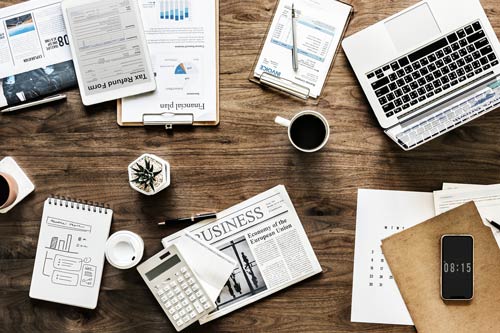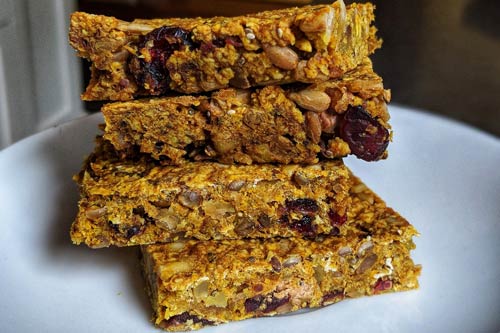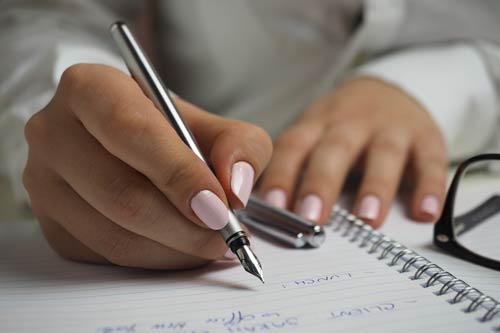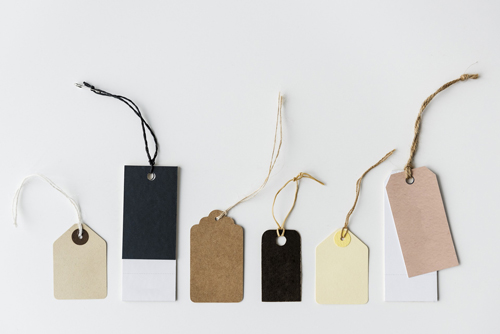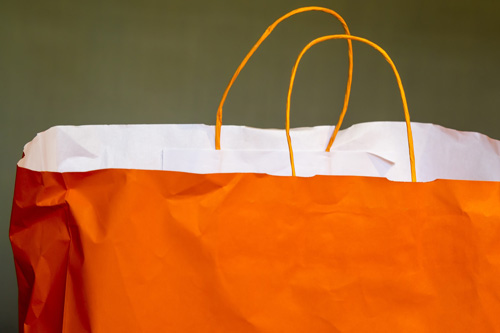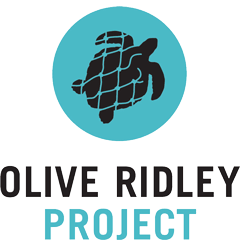Encouraging your office to reduce as much plastic as possible can help encourage others to do it at home. It can also help promote the business as eco-friendly and could have a ripple effect throughout practices.
Every office and work place is different, so some of these points may not apply, and we may miss some. If you have implemented any changes that we haven’t mentioned, get in touch or comment on our Facebook post, we could all learn a thing or two!
This is the sixth installment in our series of blogs with tips on how to reduce your plastic waste. Some of the tips are not for everyone; the alternatives can initially be more expensive, but they may also save you money in the long run. This time were looking at how to reduce plastic the office! Read the other articles on how to reduce your plastic waste here.
Start Reducing Plastic In The Office With A Waste Audit
To start off, conduct a waste audit. You can go through the bins or just take note of what you commonly see in there. Setting up recycling bins is a great way to separate the rubbish without going through it. This will show areas where your office can improve, and you can tailor your reduction to your office. Perhaps even put someone in charge?
Hot Beverages
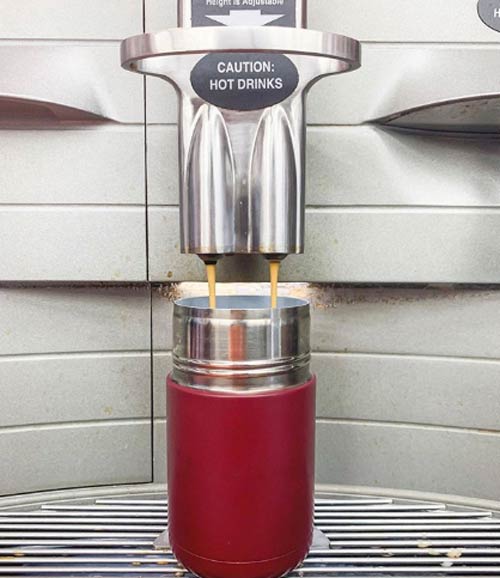
One thing all workplaces have in common is the love of hot beverages. With coffee and tea comes milk bottles, tea bags and coffee all packaged in plastic. Did you know tea bags are 25% plastic? Polypropylene helps keep the shape of the tea bag in water, which means the tea bag can never 100% decompose. This is bad for the environment and our health.
We had tea before plastic, so how did they do it? The answer is easy – loose leaf tea! This can be made as a big brew for everyone in a teapot with a strainer or have your own steel tea infuser, which you can find on the high street and online. You can also buy tea bags with no plastic; sometimes they come in a plastic envelope, but it won’t be infused into your drink! Clipper Teas and Pukka tea are supermarket brands with have no plastic in their tea bags.
Buying coffee in glass and tin containers is best – you can even reuse these containers at home. Coffee packaged in a paper bag is also good, you can find these at coffee shops and sometimes in the supermarkets. Note that coffee packaged in paper bags is usually the more expensive organic coffee. For those of you whose colleagues bring a coffee on the go, a lot of workplaces have handed out reusable coffee cups and flasks for their staff to refill instead of bringing in single use cups. Many local coffee places offer a discount to those who bring their own cup, and if you have your own café at work, why not initiate the same there?
Milk Bottles
Using glass milk bottles for the staff room is an easy way to reduce the plastic milk bottles from the supermarket. It is more expensive; the milk can be traced back to the farmers so they’re usually getting paid more of a fair price. If the workplace can’t budget it, then cardboard cartons are the next alternative; although laced with plastic, it’s a reduction to the large plastic bottles.
Water
If you’re in a country where the tap water is not safe to drink, buying a water cooler is the best option to prevent single use plastic bottles. Make sure the water cooler bottles are reused and not thrown away! However, water coolers are often accompanied by single use plastic glasses. Keep a stack of paper cones instead and encourage everyone in the office to bring their own refillable water bottle to work.
If the tap water is safe to drink, keep your own refillable bottle at your desk, of course!
Lunches & Snacks
Encouraging staff to bring homemade lunches rather than shop bought is important. Having a refrigerator to preserve it, and a microwave to reheat it, will help support this habit. Food comes with dirty dishes and washing up, so providing a station to wash dishes and plates will also encourage people to bring their own food rather than eat out.
If your office has a tuck shop or vending machine, take control of what goes in it! Remove the plastic bottles and replace with cans. Cans are the eco-friendliest packaging for drinks.
If your workplace is small you could take it in turn to bake something for each day of the week. Many people love cereal bars, why not bring some homemade granola bars to everyone to enjoy, packaging free? Perhaps cake one day a week?
Pens
Every workplace is drowning in plastic pens. These will all just go in the bin once we are done with them. Using pencils is the affordable way to skip the plastic. They are made of wood so completely biodegradable!
If you need something more official, use a fountain pen or metal refillable pen. Although you will still consume plastic, it will be considerably less. Most workplaces will probably not pay for pens like these, but purchasing your own means you can take it with you wherever you go and reduce your plastic at home also.
Supplies And Suppliers
If there are certain products from your suppliers that use too much packaging, whether it be office supplies or products for your business, contact them! You are the customer; it might make it cheaper for them to produce also.
This goes both ways, if you own a shop or offer a service, reduce your plastic where you can:
- Don’t offer a plastic bag or straw unless requested.
- Make bags out of old newspaper or scrap paper.
- Label products with paper and string.
- Don’t print receipts unless asked (they’re not recyclable).
- Offer reductions when reusables are used to encourage it.
- Use cloth napkins instead of paper.
- Use glass instead of plastic where possible.
Let us know if you have any suggestions for reducing plastic in your workplaces! Companies need to take responsibility for their waste, in the same way we should at home. Reducing plastic in the workplace can plant the seed for people who may not have considered it before.
Disclaimer
References in this article to any specific commercial products by trade name, trademark, manufacturer, or otherwise, does not necessarily constitute or imply its endorsement, recommendation, or favouring by the Olive Ridley Project. The views and opinions of authors expressed herein do not necessarily state or reflect those of the Olive Ridley Project and shall not be used for advertising or product endorsement purposes.

